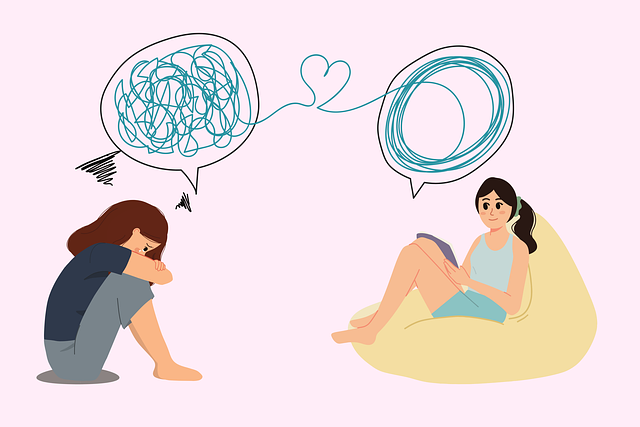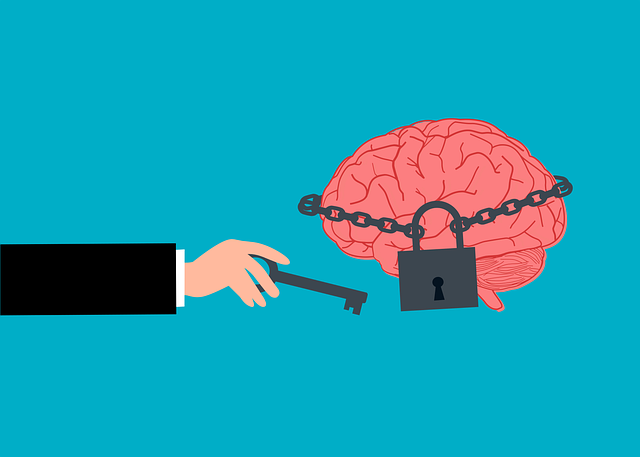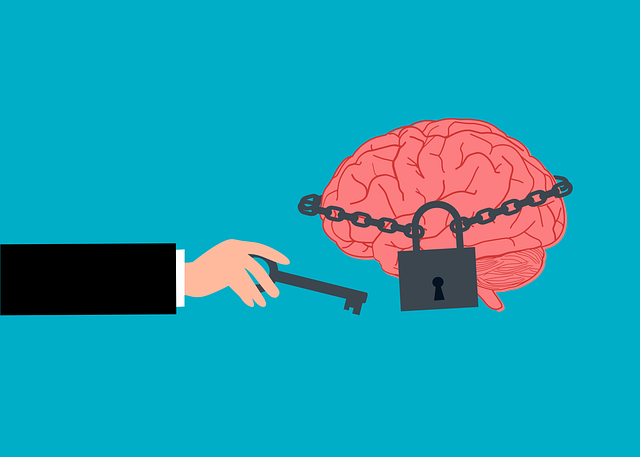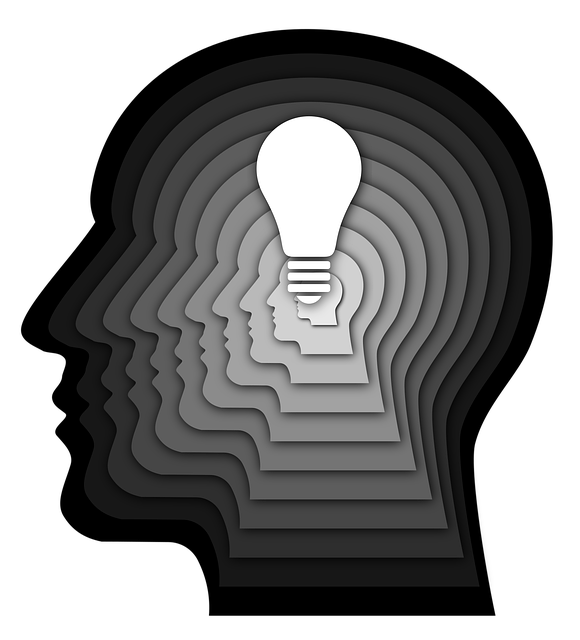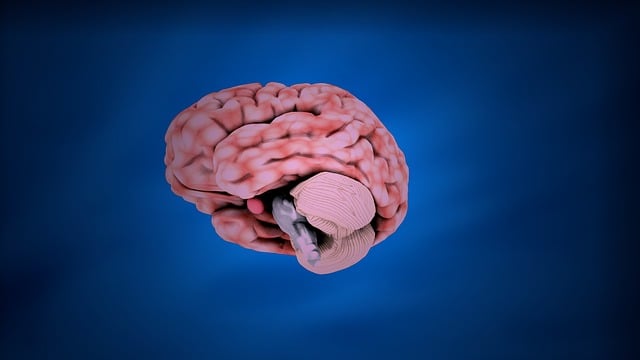Golden Dialectical Behavioral Therapy (DBT) is a transformative approach to emotional well-being, integrating mindfulness, distress tolerance, emotion regulation, and interpersonal effectiveness. It teaches individuals to manage intense emotions, build resilience, and improve relationships through cognitive-behavioral techniques and mindfulness practices. By cultivating present-moment awareness, non-judgmental acceptance, and effective communication skills, DBT empowers people to navigate challenges adaptably, fostering healthier self-and-other relationships and enhanced overall well-being.
“Unwind and master your emotional well-being with an exploration of Golden Dialectical Behavioral Therapy (DBT) – a powerful tool for coping skills development. This article delves into DBT’s core principles, offering a structured approach to emotional regulation and distress tolerance.
We’ll uncover the ‘Golden Rules’ of DBT, providing practical techniques to navigate life’s challenges. By integrating these skills into daily routines, readers will discover long-term benefits, fostering resilience and enhancing overall mental health.”
- Understanding Dialectical Behavioral Therapy (DBT): A Foundation for Coping Skills
- Golden Rules of DBT: Techniques for Emotional Regulation and Distress Tolerance
- Integrating Coping Skills into Daily Life: Practical Applications and Long-Term Benefits
Understanding Dialectical Behavioral Therapy (DBT): A Foundation for Coping Skills

Dialectical Behavioral Therapy (DBT) has emerged as a powerful tool for individuals seeking to enhance their coping skills and overall well-being. This therapeutic approach, often referred to as the “Golden” DBT, is particularly effective in teaching individuals how to manage intense emotions, build resilience, and improve interpersonal relationships. At its core, DBT combines cognitive-behavioral techniques with concepts from mindfulness practices, fostering a balanced and adaptable mindset.
The foundation of DBT lies in its four key components: mindfulness, distress tolerance, emotion regulation, and interpersonal effectiveness. Through public awareness campaigns and increased access to therapy, more people are recognizing the value of these skills in preventing burnout and promoting healthy self-care practices. By learning to navigate through difficult emotions and situations with greater ease, individuals can develop a strong sense of emotional agility—a skill set that is invaluable for maintaining mental and physical health.
Golden Rules of DBT: Techniques for Emotional Regulation and Distress Tolerance

Dialectical Behavioral Therapy (DBT) offers a set of powerful tools for emotional regulation and distress tolerance, serving as golden rules for coping skills development. Central to DBT are mindfulness techniques, which encourage individuals to focus on the present moment, accepting their emotions without judgment. This heightened awareness fosters better understanding and management of intense feelings, reducing impulsive actions.
Additionally, DBT promotes effective communication through empathy-building strategies. By practicing active listening and understanding others’ perspectives, individuals can navigate interpersonal conflicts more constructively. These skills are crucial for maintaining emotional balance in challenging situations, enhancing overall well-being. Public awareness campaigns can play a significant role in disseminating information about these confidence-boosting DBT techniques, thereby contributing to personal growth and resilience in diverse populations.
Integrating Coping Skills into Daily Life: Practical Applications and Long-Term Benefits

Integrating coping skills into daily life is a transformative process that empowers individuals to navigate life’s challenges with resilience and adaptability. Dialectical Behavioral Therapy (DBT), known for its effectiveness in treating complex emotional disorders, offers valuable tools such as mindfulness exercises, distress tolerance strategies, and effective communication techniques. These skills are not just theoretical; they are practical applications designed to be woven into one’s routine.
By incorporating compassion cultivation practices, conflict resolution techniques, and mental health education programs, individuals can foster a healthier relationship with themselves and others. The long-term benefits extend beyond improved emotional regulation; they include enhanced overall well-being, strengthened relationships, and increased life satisfaction. This integration allows for a more balanced approach to coping, enabling folks to embrace both the difficulties and joys of life with greater equanimity.
Coping skills development through Golden Dialectical Behavioral Therapy (DBT) offers a transformative path towards emotional resilience. By understanding DBT’s foundational techniques and integrating them into daily life, individuals can enhance their ability to manage stress, regulate emotions, and tolerate distress. This practical approach not only provides immediate relief but also fosters long-term mental well-being, enabling folks to navigate life’s challenges with greater ease and a deeper sense of self-compassion.


